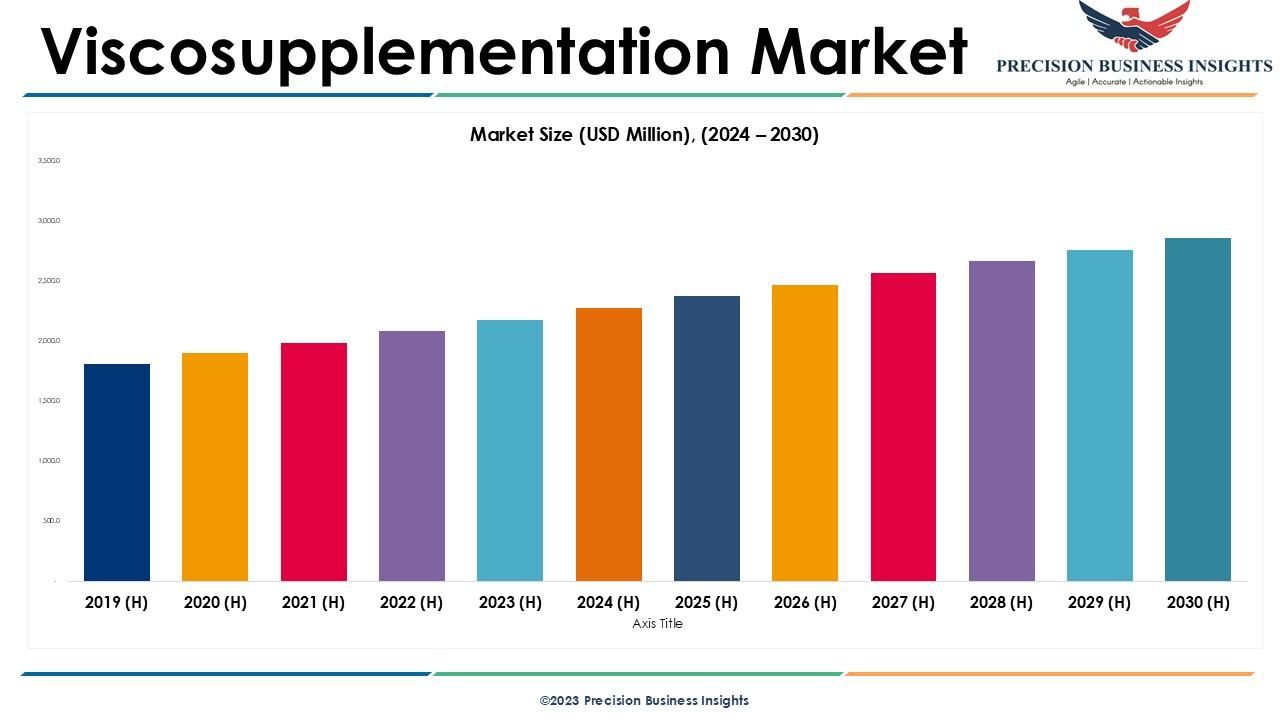Modular Belt Manufacturers: The Backbone of Modern Conveyor Systems
In the fast-paced world of industrial automation, conveyor modular belt manufacturers systems are a vital part of ensuring the efficient movement of goods and materials. Conveyor belts have evolved over the years, and today, modular belts stand out as one of the most adaptable and reliable solutions in material handling. Modular belt manufacturers are at the core of this evolution, providing products that offer flexibility, durability, and cost-effectiveness to industries ranging from food processing to automotive manufacturing.
This article delves into the role of modular belt manufacturers, how they contribute to industrial efficiency, and the future trends shaping this essential sector.
What Are Modular Belts?
A modular belt is made up of interlocking segments or modules, typically constructed from plastic, metal, or a combination of materials. Unlike traditional conveyor belts, which are typically continuous and made from rubber or fabric, modular belts consist of individual pieces that can be replaced individually if damaged. This modular design offers a range of benefits, including easier maintenance, longer lifespan, and greater customization potential.
These belts are used in a wide variety of industries, including food processing, pharmaceuticals, logistics, and manufacturing. The ability to tailor the design and features of the belt—such as width, length, material composition, and surface texture—makes modular belts ideal for many different applications.
The Vital Role of Modular Belt Manufacturers
Modular belt manufacturers are the key players in the design, production, and distribution of modular belts. Their expertise in material science, engineering, and manufacturing enables them to provide highly customized solutions for various industrial sectors. Let’s explore some of the ways these manufacturers contribute to the growth and success of their clients:
-
Designing Tailored Conveyor Systems:
Each industry faces unique challenges when it comes to material handling. Modular belt manufacturers offer a high degree of customization, ensuring that their products are tailored to meet specific needs. For example, the food processing industry requires conveyor belts that can handle high temperatures, be easily cleaned, and prevent contamination. A modular belt manufacturer will design a belt that meets these needs, often incorporating features like smooth surfaces or open designs for effective drainage. -
Material Selection and Performance:
The performance of a modular belt is directly related to the materials used in its production. Modular belt manufacturers carefully select materials based on their application and environment. For instance, belts used in food processing often need to be made from FDA-approved materials like food-grade plastics, while belts used in automotive manufacturing might require heat-resistant or chemical-resistant materials. Manufacturers also incorporate innovations in material coatings to improve wear resistance, reduce friction, and increase longevity. -
Offering Advanced Manufacturing Techniques:
Modular belt manufacturers rely on advanced manufacturing technologies such as injection molding, extrusion, and 3D printing to produce their belts. These techniques ensure that the belts are produced to precise specifications, ensuring a perfect fit for the client’s needs. High precision in the manufacturing process ensures that the individual modules interlock smoothly and the belt operates without issues, even in high-speed environments. -
Providing Ongoing Support and Maintenance:
One of the key advantages of modular belts is that they are designed for easy maintenance. Instead of replacing an entire conveyor belt, damaged sections can be swapped out, minimizing downtime and repair costs. Modular belt manufacturers typically offer after-sales support, providing clients with replacement modules, troubleshooting advice, and maintenance tips. Some manufacturers also offer training for staff on how to maintain and repair the systems themselves, ensuring that businesses can keep their operations running smoothly. -
Innovation and Sustainability:
With the growing demand for eco-friendly solutions, modular belt manufacturers are increasingly focusing on sustainability. Many are now using recycled or recyclable materials in their belts and working to reduce waste during production. Additionally, innovations in modular belt design, such as belts with reduced weight or improved energy efficiency, are helping companies reduce their carbon footprint and improve sustainability in their operations.
The Advantages of Modular Belts
Modular belts have become a staple in modern conveyor systems due to their wide range of benefits. Here are some of the most significant advantages:
-
Ease of Maintenance:
One of the primary benefits of modular belts is their ease of maintenance. If a section of the belt becomes damaged, only the individual modules need to be replaced. This reduces downtime and repair costs, as businesses don’t have to replace the entire conveyor belt. Additionally, modular belts are easier to clean, making them ideal for industries like food processing, where hygiene is a top priority. -
Durability and Strength:
Modular belts are known for their robustness and long-lasting performance. Made from materials like stainless steel, polypropylene, or polycarbonate, these belts can withstand harsh environments, including exposure to chemicals, extreme temperatures, and heavy loads. Their durability means that companies can expect to get many years of service from their modular belts without the need for frequent replacements. -
Customization:
One of the standout features of modular belts is their adaptability. Manufacturers can customize modular belts to suit a variety of applications, from narrow belts for small, delicate items to wider belts for larger loads. They can also adjust the surface texture, pitch, and materials used to meet specific requirements. This makes modular belts an ideal choice for industries with specialized needs, such as the food industry, where different food types require different handling systems. -
Improved Product Handling:
Modular belts are designed to transport goods smoothly, even in complex or inclined setups. The interlocking modules create a stable, even surface for items to move along, preventing slippage or damage. This is particularly important in industries that deal with fragile or high-value products, such as electronics or pharmaceuticals. The belts’ versatility allows them to be used in a wide range of orientations and configurations, further improving material handling. -
Energy Efficiency:
Modular belts can be designed to reduce friction and improve energy efficiency. The smooth operation of these belts means less strain on motors, leading to lower energy consumption. In large-scale operations where conveyor systems run continuously, this energy efficiency can result in significant cost savings. Additionally, modular belts with low-friction surfaces contribute to the longevity of the system, as less wear and tear occurs on both the belts and other components. -
Hygiene:
In industries such as food processing and pharmaceuticals, hygiene is of paramount importance. Modular belts are available in materials that meet stringent hygiene standards and are easy to clean. Some modular belts are designed with open spaces or perforations to allow for thorough cleaning and drainage, which reduces the risk of bacterial contamination. The modular nature of these belts also makes it easier to replace sections that may become damaged or contaminated, further enhancing their hygienic properties.
Key Players in Modular Belt Manufacturing
Several leading manufacturers are driving innovation in the modular belt industry. These companies provide high-quality products and offer exceptional customization options. Some of the top manufacturers in the field include:
-
Intralox:
Intralox is one of the largest and most recognized names in the modular belt industry. Known for their innovative products and solutions, Intralox provides conveyor systems for various industries, including food processing, packaging, and automotive manufacturing. Their belts are highly durable, customizable, and come with advanced features that help companies optimize their operations. -
Dorner Manufacturing:
Dorner is a well-known manufacturer of modular belts and conveyor systems. The company offers a wide range of customizable products for industries such as pharmaceuticals, food and beverage, and consumer goods. Dorner’s commitment to quality and precision engineering has earned it a reputation as a leading supplier of modular belt solutions. -
Ammeraal Beltech:
Ammeraal Beltech is another leading player in the modular belt market, offering solutions that are widely used in the food, automotive, and logistics industries. Their belts are known for their strength, reliability, and ability to withstand harsh environments. Ammeraal Beltech also provides innovative designs that improve efficiency and energy consumption. -
Belt Technologies, Inc.:
Specializing in stainless steel modular belts, Belt Technologies is known for providing high-performance solutions for industries that require belts capable of handling extreme conditions, such as high heat, chemicals, and heavy-duty materials. The company’s products are used in sectors such as aerospace, electronics, and automotive manufacturing. -
Transcon Conveyor:
Transcon Conveyor designs and manufactures heavy-duty modular belts for industries like mining, steel production, and other heavy manufacturing operations. Their belts are built to handle the most demanding applications, offering strength, durability, and high load capacities.
The Future of Modular Belt Manufacturing
The modular belt manufacturing industry is expected to continue evolving as new technologies and challenges emerge. Some of the key trends shaping the future of this market include:
-
Integration of Smart Technologies:
As part of Industry 4.0, modular belt systems are becoming more integrated with smart technologies such as sensors and IoT connectivity. These innovations allow businesses to monitor belt performance in real time, predict maintenance needs, and optimize workflows. -
Sustainability Focus:
With increasing pressure to reduce environmental impact, modular belt manufacturers are exploring eco-friendly materials and production processes. Sustainability initiatives will likely drive innovation in the industry, resulting in products that are not only efficient but also more environmentally friendly. -
Increased Customization:
As industries become more specialized, modular belt manufacturers will continue to focus on providing highly customized solutions. The need for belts that can handle specific product types, operating conditions, and production processes will drive growth in this area.
Conclusion
Modular belt manufacturers are essential contributors to the modernization and efficiency of conveyor systems across industries. Their ability to provide customized, durable, and energy-efficient solutions has transformed material handling processes worldwide. As the industry continues to grow and evolve, modular belt manufacturers will remain at the forefront of innovation, driving improvements in efficiency, sustainability, and



